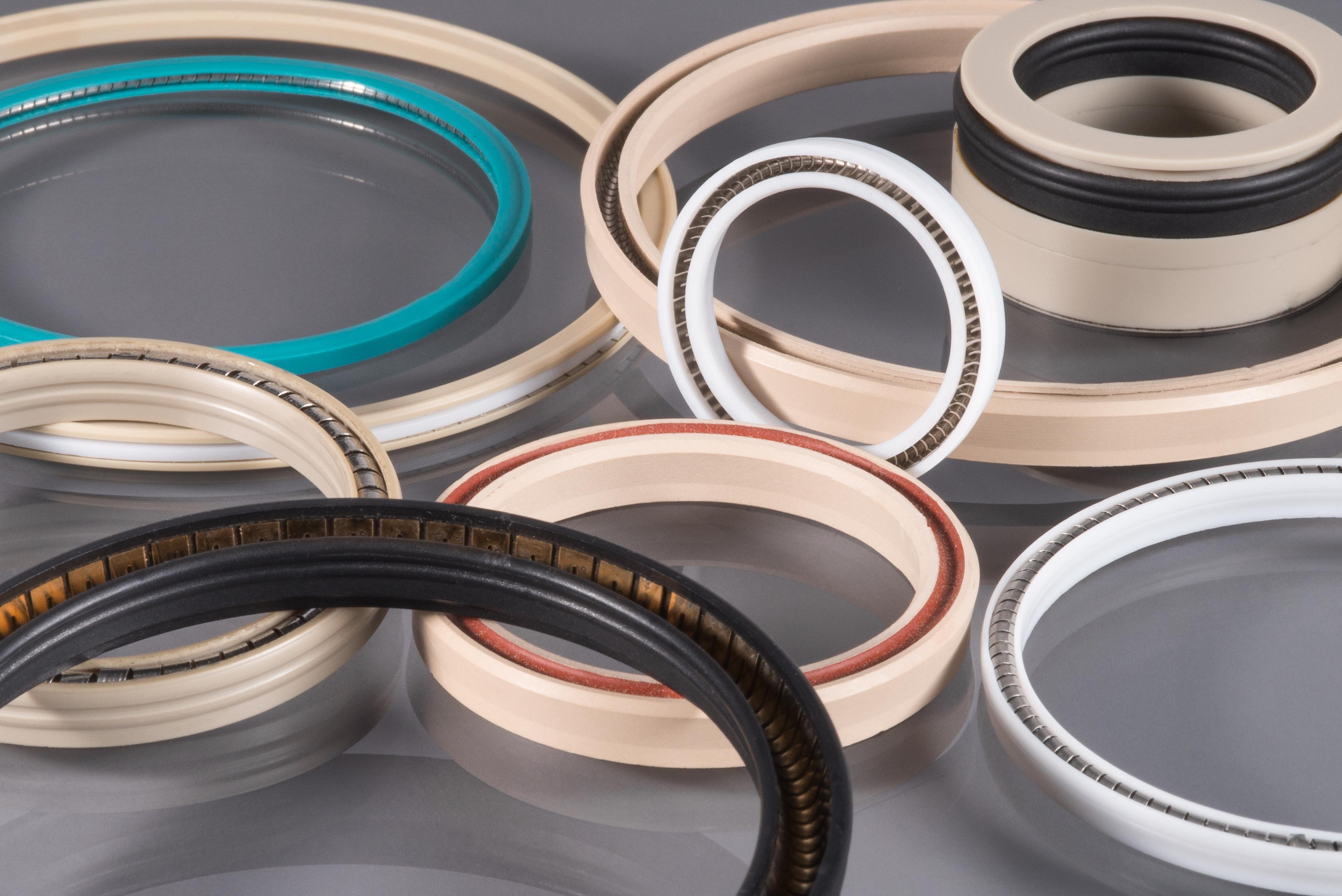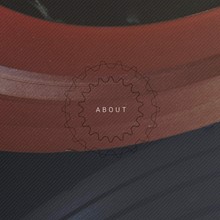Seals are essential to many industries and various equipment, but sometimes a standard seal isn’t good enough for a complex system. A one size fits all approach does not work for sealing components so it’s best to find a supplier that can develop a customised seal. This can pose many benefits from your seal lasting significantly longer, drastically reducing maintenance costs and downtime and improving overall operational efficiency.
s
Understanding the Key Performance Metrics for Seals
Durability
Over time, seals are subject to wear and tear due to factors like mechanical movement, friction, or environmental conditions. A durable seal will maintain its integrity for an extended period, preventing leaks, failures, or loss of performance. Durability is essential for applications in harsh environments where seals are exposed to constant use or extreme conditions.
Temperature Resistance
Seals may be exposed to high or low temperatures depending on your specific application. If a seal is not resistant to extreme temperatures, it can become brittle, soft, or deformed, leading to potential failures. Ensuring a seal's temperature resistance means that it will continue to perform effectively whether the temperature fluctuates between cold and hot extremes.
Chemical Resistance
In industrial and automotive applications, seals can be exposed to various chemicals, oils, fuels, or cleaning agents. Chemical resistance is the seal’s ability to resist degradation or swelling when exposed to these substances. Seals with low chemical resistance can corrode, lose their shape, or become ineffective, leading to leakage or breakdowns. The chemical properties of the substances in contact with the seal must be considered when choosing materials for seals to ensure they remain robust under chemical exposure.
Pressure Tolerance
Pressure tolerance refers to the seal’s capacity to maintain a proper seal under different pressure conditions. Seals are often exposed to internal or external pressure forces, such as those in hydraulic systems, pumps, or high pressure tanks. If the pressure exceeds the seal's tolerance level, it can cause deformation, rupture, or even failure.
Material Selection: Choosing the Right Seal for the Job
When it comes to choosing the right seal, you must consider the environment it will be in. For most applications, seals will need to be able to conduct heat, be chemically resistant and have good wear resistance. However, certain environments require some properties to be stronger than others.
Aerospace
In the aerospace industry where safety and reliability are crucial, high quality seals play a crucial role in engines, fuel, hydraulic and environmental control systems. Their main functions include preventing leaks, maintaining pressure, excluding contaminants from critical systems and reducing friction and wear.
They need to withstand extreme temperatures as aerospace seals operate in a wide range of temperatures from the freezing conditions of high altitudes to the high heat of jet engines. They are also exposed to aggressive chemicals including hydraulic fluids, fuels, lubricants and cleaning agents. Polytetrafluoroethylene (PTFE) is an excellent seal material offering exceptional chemical resistance and low friction while being able to withstand high temperatures of aircraft engines.
Polyether Ether Ketone (PEEK) is another great option. As a high performing thermoplastic with excellent mechanical strength and chemical resistance, it can be used where high strength and durability is required in the aerospace industry.
Automotive
Seals play a vital role in maintaining a motor vehicle’s integrity and performance. They act as a reliable barrier to protect against harmful leaks, pollutants and pressure fluctuations in different systems inside the vehicle.
PTFE is a highly versatile material for seal automotive applications and offers many advantages. It has excellent resistance to various automotive fluids such as lubricants, fuels, and hydraulic fluids. The low friction properties help to reduce wear and tear, enabling the seals to last longer. PTFE can withstand extreme temperatures, making it high performing in engines. As most compounds don’t react with PTFE, chemical reactions, and fluid pollution are also minimised.
Food Processing
Sealing in food and beverage applications needs to meet a variety of needs. From withstanding extreme temperatures, steam, and wear to meeting regulatory requirements and being compatible with different food types and ingredients. Additionally, hygienic design and resistance to aggressive cleaning detergents are priorities. PTFE seals have brilliant properties that work well in the food processing industry. PTFE is non-reactive to most chemicals and food ingredients, and it is naturally hydrophobic meaning it repels water and other liquids, making it resistant to mould and bacteria. This is especially important in the food industry where contamination can lead to serious health risks for consumers.
Tailoring Custom Seals for Specific Applications
Custom seals offer some excellent advantages in various industries and for intricate applications where standard seals may fall short. Custom seals can be designed to meet your unique needs such as a greater sealing surface or a longer lifespan. At AFT Fluorotec, we have a wide range of materials to provide a sealing solution that works in your particular environment, even in cases where standard seals or other suppliers have failed. We’re able to design and manufacture bespoke seals that will work in difficult applications or extreme conditions without compromising on quality.
Industry Compliance and Quality Assurance
We are certified in the processing and application of PTFE and fluoropolymers as set out by the ISO. Our precision machined seals in PTFE, PEEK and engineering plastics are to the very highest quality and tailored to your exacting needs.
Get in Touch for Bespoke Sealing Solutions
If you require a custom seal design for your application, talk to us about your specific requirements and we’ll be happy to help. All our PTFE, fluoropolymer and plastic materials are manufactured within our UK base which gives us complete control and flexibility to support almost any demand.
Get in touch to find out more.



